For many people, 2018 was a pretty challenging year. I know it was for me, and my guess is the year was pretty up and down for you, too. If you’re still reeling, now is the time to move on from a place of disruption to a place of growth. Last year was very much about letting go of the old; 2019 will be about creation.
Last night’s New Moon kicks off this fresh cycle, so resilience and growth are the perfect topics to address today. If we can finally let go of 2018, and our mental, emotional and spiritual baggage from it, then this year will be about slowly, methodically and creatively moving to the place we really desire to be.
The Resilience Component of EQ
When people talk about emotional intelligence, they’re often referring to the ability to manage one’s emotions, good or bad—to not let stress get to you, or to not let being in a happy state distract you away from your life’s work. Additionally, it’s your capacity to handle interpersonal relationships empathetically.
Not only does a robust level of emotional intelligence translate into a higher salary, according to Emotional Intelligence 2.0 co-author Travis Bradberry, Ph.D., it has a strong influence on health. By reducing the body’s perception of stress in difficult situations, resilience keeps our immune systems strong—and can even protect us from disease.
It’s a powerful trait.
An important aspect of emotional intelligence is self-regulation. The resilience idea we’re talking about here is very much like the self-regulation or self-management part of the bigger emotional intelligence pie. To me, emotional resilience means when things are difficult or stressful, or there’s a lot of unexpected change, you are able to roll with the punches. You’re flexible, you remain optimistic, and you keep moving forward toward your goal regardless of day-to-day events. You have an ability to think before you act and put immediate needs aside to focus on long-term goals.
Fortunately, emotional resilience is something we can actively nurture within ourselves.
Building Emotional Resilience
But how? How can we build our capacity for self-management and grow our emotional resilience in the face of stress or unexpected challenges? I suggest the following steps:
1. When a challenge or a stressful situation arises, go for a walk, practice a deep breathing technique, or make time for reflection (meditation, journal, gratitude, etc.) if you are able—take 15 to 30 minutes away from people to return to your center.
2. Return to your life’s mission. Reflect on your personal mission statement. What are your core values? What motivates you? What is it you want to remember in this tough moment?
3. Think about what you can do in the current situation. Consider what is actually within your control and ask, “What action can I take that is in alignment with my life’s mission?” Then let go of anything that is out of your control.
4. Finally, remind yourself that this is a small event or experience on a likely 100-year journey. Try not to assign too much emotional value to it. Simply observe the event, and look for the pattern. If a particular thing has happened before, then it’s important for you to perhaps ask, “What is the universe trying to teach me? What am I supposed to be learning here?”
Trust the process. Although it’s hard to predict what will happen next, a good goal for everyone this year is to move into a mental space of deeply believing we can create the lives we want. The universe is going to continue to give you chances, opportunities, experiences and more creative outlets to be able to live your life’s mission. But you can’t force it to happen overnight.
Even the little things that seem inconsequential can be really powerful if you make time for reflection. Make time daily, weekly or monthly to release negative emotions and help refocus your brain on optimistic possibilities. Doing so will naturally lead to increased emotional resilience.
The Role of Reminders
Focus your mind on what you want to create, and use visual cues and reminders to help you do so. I have a bracelet that says Harmony. Each day I look at it, and just allow it to bring me back to my center. Having that kind of reminder of what it is you’re driving to, even when the days aren’t great, is important. Maybe it’s a mission statement, maybe it’s a bracelet, maybe it’s a rock with your word of the year inscribed on it.
People are the most engaged when they are living their life’s mission, when they are in deep and meaningful relationships, and when they are doing things that contribute to their own growth and the growth of others. Emotional resilience allows for each of us to stay committed to relationships even when challenges arise. It ensures we don’t get too far away from our life’s mission when events don’t go as planned. Finally, it helps us to keep moving forward meaningfully, knowing that what’s right around the corner could be that very serendipitous blessing you’ve been waiting for.
As long as you remain hopeful and nurture your inner resilience, what you create and what comes to you will be more beautiful than you imagine.
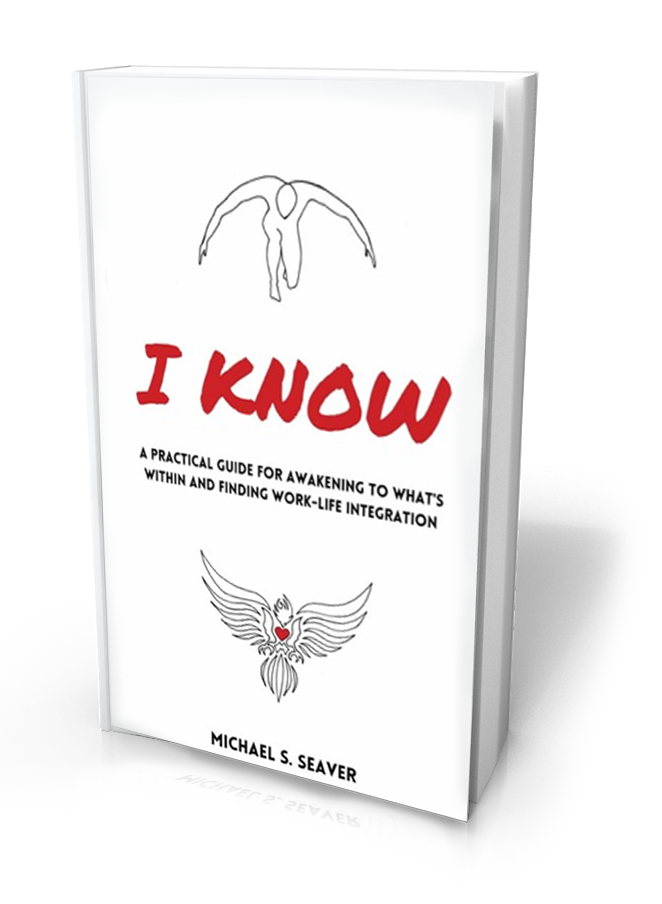

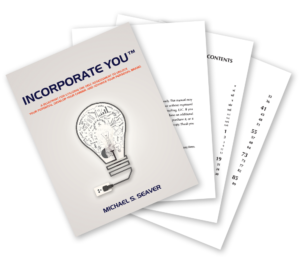
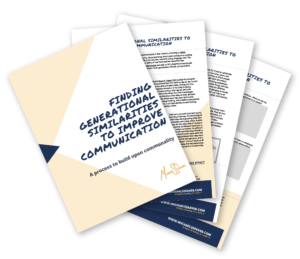
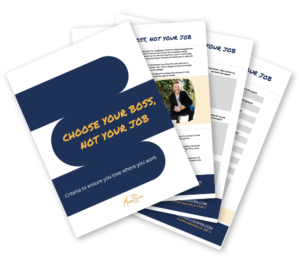
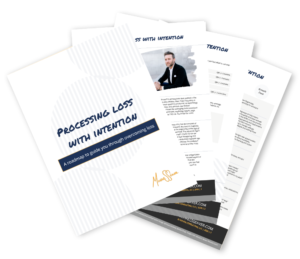
Connect with me